It is the mission of the printer to diffuse light and knowledge by a judicious intermingling of black with white
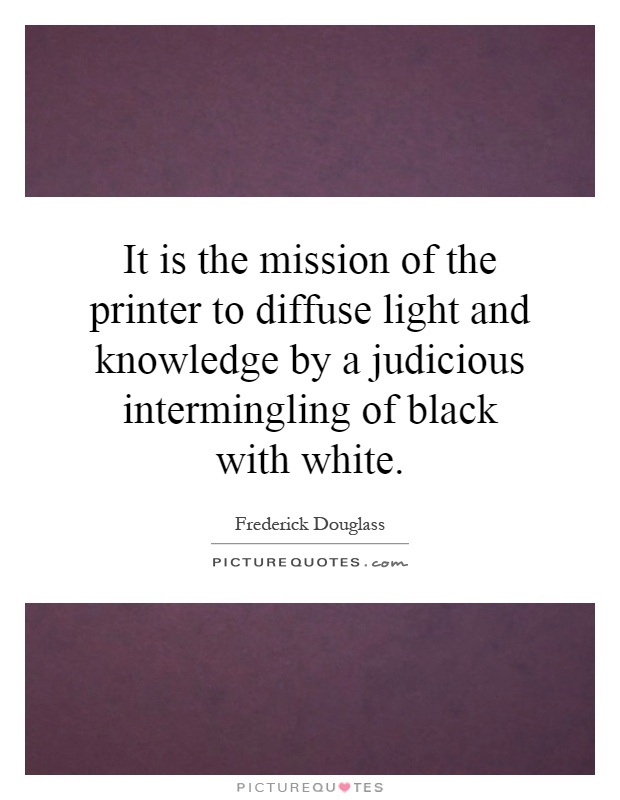
It is the mission of the printer to diffuse light and knowledge by a judicious intermingling of black with white
Frederick Douglass, a prominent African American abolitionist and social reformer, understood the power of the written word in spreading knowledge and enlightenment. As a former slave who taught himself to read and write, Douglass recognized the transformative potential of literacy in challenging the oppressive systems of slavery and racism. In his autobiography, Narrative of the Life of Frederick Douglass, an American Slave, he eloquently articulates the importance of the printer's mission to "diffuse light and knowledge by a judicious intermingling of black with white."Douglass's use of the metaphor of black and white in relation to the printer's mission is deeply symbolic. In a literal sense, the printer mixes black ink with white paper to create words that convey information and ideas. This process of intermingling black and white represents the blending of different perspectives, experiences, and voices to create a more nuanced and comprehensive understanding of the world. By printing and disseminating diverse viewpoints, the printer plays a crucial role in expanding the boundaries of knowledge and challenging the status quo.
Furthermore, the juxtaposition of black and white in Douglass's metaphor also carries a powerful racial connotation. In a society that was deeply divided along racial lines, the printer's mission of intermingling black with white can be seen as a call for racial harmony and equality. By promoting a diversity of voices and perspectives, the printer can help to break down the barriers of ignorance and prejudice that perpetuate racial injustice.
For Douglass, the printer's mission is not just about producing words on a page, but about using the power of language to illuminate the truth and inspire change. By spreading knowledge and enlightenment through the printed word, the printer can help to empower individuals to challenge injustice, advocate for equality, and work towards a more just and equitable society. In this way, Douglass's metaphor of the printer as a diffuser of light and knowledge serves as a powerful reminder of the transformative potential of education and the written word in the fight for social justice.

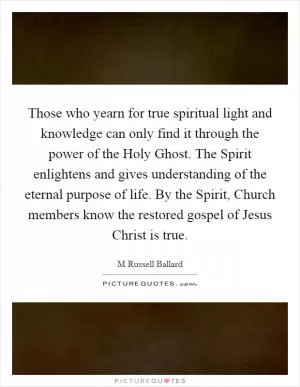

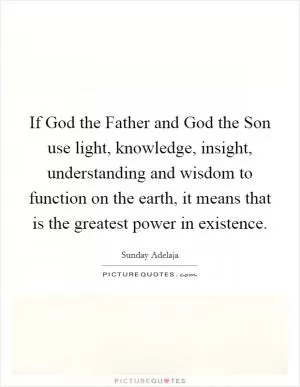

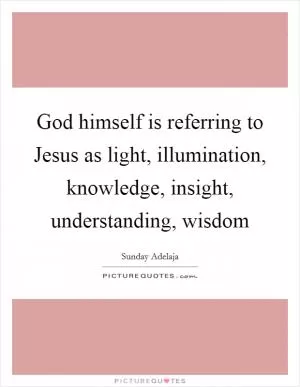
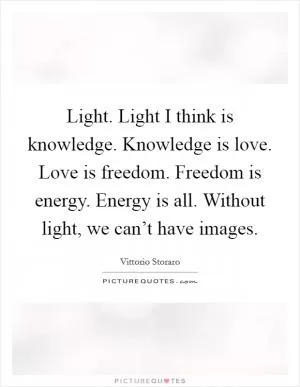

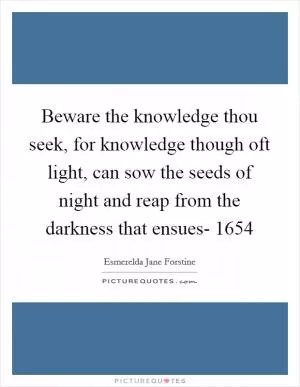


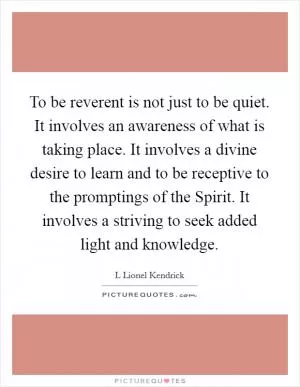
 Friendship Quotes
Friendship Quotes Love Quotes
Love Quotes Life Quotes
Life Quotes Funny Quotes
Funny Quotes Motivational Quotes
Motivational Quotes Inspirational Quotes
Inspirational Quotes